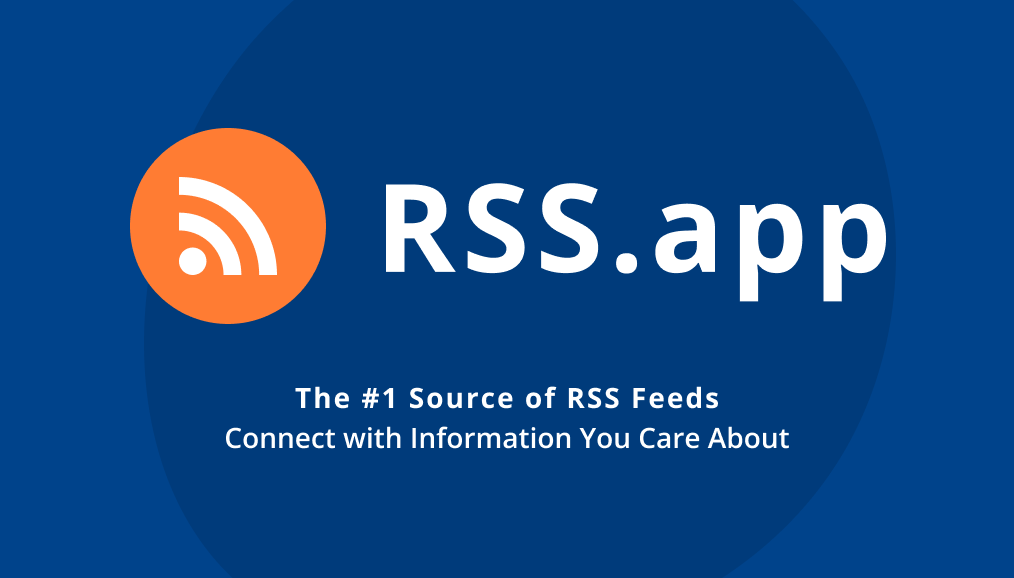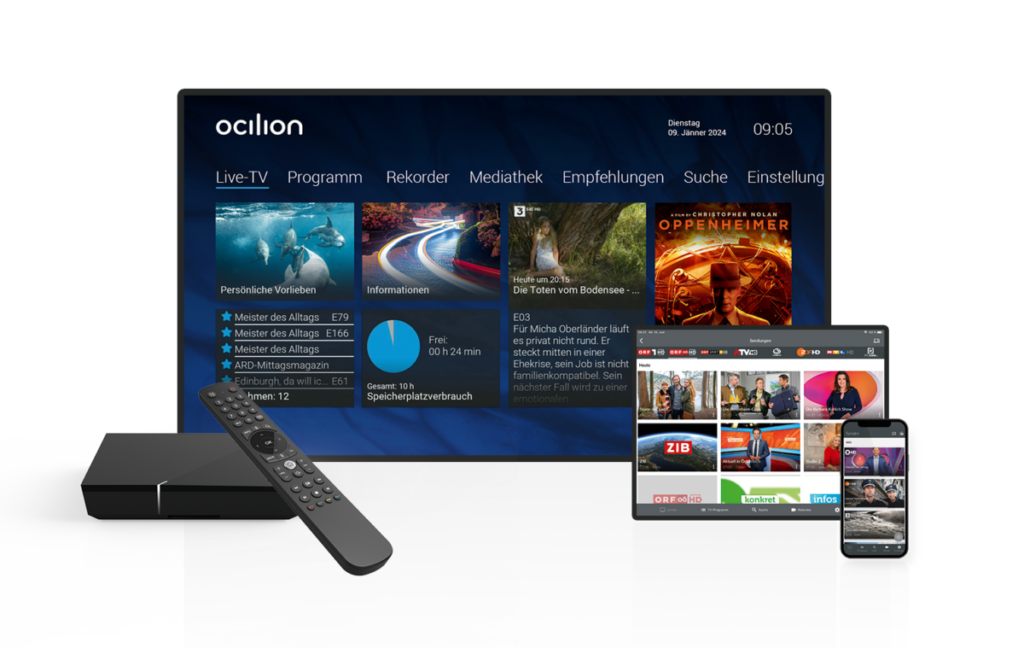Share
Tweet
Share
Share
Email
In today’s digital age, streaming services are an integral part of how people consume content. Traditional cable subscriptions are steadily being replaced by internet-based solutions that provide flexibility, affordability, and access to global content. One of the most popular options available in the market today is Atlas Pro IPTV, a service that has gained significant attention for its variety of channels, ease of use, and affordability. In this article, we will take a deep dive into Atlas Pro IPTV, covering everything from its features and benefits to its pricing structure and user experience. This comprehensive guide will help you understand why Atlas Pro IPTV is emerging as a preferred option for streaming enthusiasts. What is Atlas Pro IPTV? Atlas Pro IPTV is an Internet Protocol Television (IPTV) service that allows users to stream television channels, movies, and other video content over the internet. Unlike traditional cable TV services that rely on satellite or cable infrastructure, IPTV services like Atlas Pro IPTV deliver content via the internet, providing users with the ability to access channels from various countries and regions. This technology makes it possible for users to enjoy high-quality video content on multiple devices, including smart TVs, smartphones, tablets, and computers. Atlas Pro IPTV is known for its extensive channel offerings, including sports, news, entertainment, and on-demand content. Features of Atlas Pro IPTV 1. Extensive Channel Selection One of the main selling points of Atlas Pro IPTV is its vast selection of channels. The service offers thousands of channels from around the world, covering various genres such as sports, entertainment, news, and documentaries. Whether you’re a fan of European football, American sitcoms, or international news channels, Atlas Pro IPTV offers a wide variety to meet your viewing needs. Channels are also categorized by region, making it easy to find specific content from countries like France, the United States, the United Kingdom, Spain, and more. This global selection makes Atlas Pro IPTV especially appealing for expatriates who want to stay connected with their home country’s media. 2. High-Quality Streaming Atlas Pro IPTV provides high-definition (HD) streaming options, with many channels available in full HD and some even in 4K. The quality of streaming depends on your internet connection, but the service itself is designed to deliver a buffer-free experience, even during live events. 3. Multi-Device Compatibility One of the significant advantages of Atlas Pro IPTV is its compatibility with a wide range of devices. You can stream content on: Smart TVs Android TV Boxes Amazon Fire Stick Smartphones (iOS and Android) Computers (Windows and Mac) This flexibility allows users to access their favorite content on virtually any screen, making it a convenient option for home entertainment as well as on-the-go viewing. 4. On-Demand Content In addition to live TV channels, Atlas Pro IPTV also offers an extensive library of on-demand content. This includes movies, TV shows, and documentaries that you can watch at your convenience. The on-demand library is regularly updated with the latest releases, making it a great option for movie buffs and TV show fans. 5. User-Friendly Interface Navigating through Atlas Pro IPTV is easy, thanks to its intuitive and well-organized interface. Users can quickly search for channels, browse different categories, and switch between live TV and on-demand content without any hassle. The user experience is designed to be smooth, whether you’re using the service on a smart TV, smartphone, or computer. 6. Electronic Program Guide (EPG) Atlas Pro IPTV includes an Electronic Program Guide (EPG) that provides a detailed schedule of upcoming shows and events. This feature is especially useful for planning your viewing schedule and ensuring that you never miss a favorite show or live event. Pricing Plans and Subscriptions 1. Affordability One of the biggest advantages of Atlas Pro IPTV is its competitive pricing. The service offers several subscription plans, making it accessible to a wide range of users. Unlike traditional cable or satellite services, which often require long-term contracts, Atlas Pro IPTV operates on a flexible subscription model, allowing users to pay monthly, quarterly, or annually. 2. Plan Options Atlas Pro IPTV offers different subscription tiers, typically ranging from one month to one year. The longer the subscription, the better the value. For example, users can choose from: 1-Month Plan: A short-term option for those who want to test the service or need it for a limited time. 3-Month Plan: A medium-term plan that offers more savings than the monthly option. 12-Month Plan: The most cost-effective option, ideal for long-term users who want maximum savings. Each plan provides access to the full range of channels, on-demand content, and high-quality streaming. Prices may vary slightly depending on promotions and regional availability, but the service remains an affordable alternative to cable TV. How to Set Up Atlas Pro IPTV Setting up Atlas Pro IPTV is simple and doesn’t require any technical expertise. Here’s a step-by-step guide to help you get started: 1. Choose Your Device Atlas Pro IPTV is compatible with a variety of devices, including smart TVs, Android TV boxes, and smartphones. Decide which device you want to use for streaming. 2. Install the IPTV App Depending on your device, you’ll need to download the appropriate IPTV app. For Android devices, the app can be found in the Google Play Store, while iOS users can download it from the Apple App Store. Atlas Pro IPTV also supports apps like Smart IPTV and Perfect Player. 3. Enter Your Subscription Details Once the app is installed in businessscoops, you’ll need to enter your subscription details, which will include a username, password, or M3U playlist provided when you sign up for the service. These credentials will unlock access to the full range of channels and content. 4. Start Streaming After logging in, you can start browsing through the channel list or search for specific content. The interface is user-friendly, and you’ll be able to switch between live TV and on-demand content with ease. Advantages of Atlas









